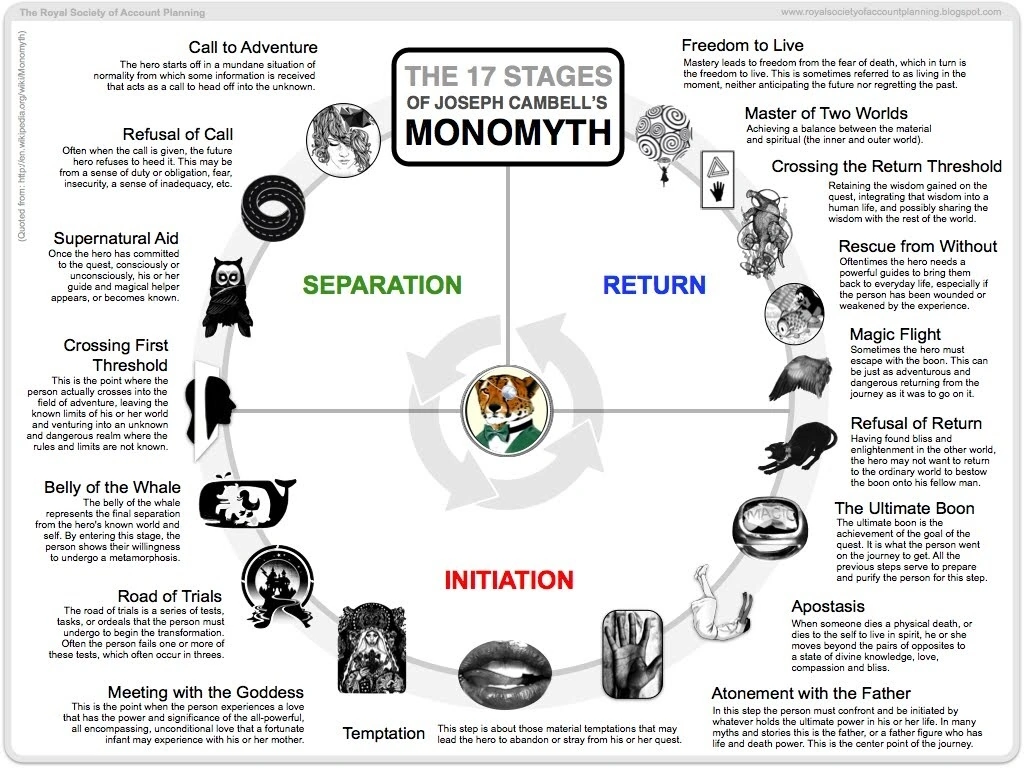Big Glass Cases
“Certain things they should stay the way they are. You ought to be able to stick them in one of those big glass cases and just leave them alone. I know that’s impossible, but it’s too bad anyway” (Salinger 136).
I think this quote accurately portrays Holden’s strong resistance to change and his enjoyment of familiar, and consistent things. This is due to his fear of his quickly approaching adult years and his want to remain free from the uncertainties and phoniness of adulthood. He has such a great fear of becoming corrupt from adult life and a phony in his career, that he dismisses so many job options he cannot possibly imagine himself in any job that is common in his social class.
The Museum of Natural History is one symbol of Holden’s fondness for unchanging things. He enjoys that every time he visits the museum it is the same and it allows him to be reminiscent of his childhood. The museum represents many of the fonder memories he has of his youth and shows the innocence and curiosity that Holden admires in kids. Holden shows that he wants to preserve that innocence and curiosity with his description of his dream job of being a catcher in the rye. Similarly to the unchanging Eskimos in the big glass cases, Holden wishes to stop the corruption and loss of innocence by encasing them in glass cases to preserve them in their pure and happy state.
Additionally, the carousel acts as another representation of youth and innocence to Holden. The carousel is comforting because like the museum it does not change. It always plays the same songs, runs in the same circles, and has the same animals. Unlike the complicated world after coming of age, the carousel has one simple, non-corrupted goal; to reach the gold ring.

Nice post! I think you're absolutely right that Holden wants to preserve the past and all the purity and safety it carries. I do wonder, though, what you think of his refusal to go inside the museum. Was it a sign that he was too scared that the "encased" past would change, or a sign that he was moving forward?
ReplyDeleteI definitely agree with the idea that Holden wants to keep things the way they are and he fears the idea of growing up. His idea that certain things in life should be encased and preserved forever is a great way of visualizing his outlook on the world around him. I think you've explained that incredibly well in this post. Great post!
ReplyDeleteHolden is definitely obsessed with the preservation of his past, so much so that he would rather never see something he loves ever again than risk ruining it. Its almost as if he believes seeing it in his current depressed state will ruin it for him. For example when he thinks about calling Jane, but then changes his mind last second and decides to call some random number he has in his wallet instead. He so protective of the past that he's also afraid of others contaminating his past such as how he fears Stradlater will corrupt Jane, messing up his mental image or perception of her.
ReplyDeleteI really like your post! I definitely also think that the museums was a powerful metaphor for his values and interests (keeping innocence preserved), and I think you communicated that effectively. I think in my personal experience as well I have revisited parks and neighborhoods from my childhood, only to be disappointed that weeds have overgrown the park, the net on the basketball hoop is torn off, or new owners repainted my old home. Holden communicates the desire to preserve childhood innocence very well.
ReplyDeleteGreat find! That quote sums up a lot of Holden's subconscious. It would be a "coming of age" moment if/when he eventually accepts that the passage of time is inevitable.
ReplyDeleteI definitely agree that the museum represents Holden's desire to keep the innocence of childhood frozen in time, and his dislike for growing up. This can also connect to how Allie is also frozen in time, never growing up. Because Allie will never grow up, it's hard for Holden to as well, and he therefore sees everything about adulthood as bad and phony.
ReplyDeleteHolden's chronological conservatism is very interesting in the sense that there maybe isn't a clear cause. We could speculate that due to the trauma or accelerated development that Holden has experienced which could have triggered to a desire to remain or go back in time. I think we recognize indirectly his desire to experience his own innocence through his projections onto other characters.
ReplyDeleteI really agree that Holden seems to love what is familiar to him, and that may be a large part of him being so resistant to change, and more specifically, the changes that the transition from childhood to adulthood brings. Good post!
ReplyDelete